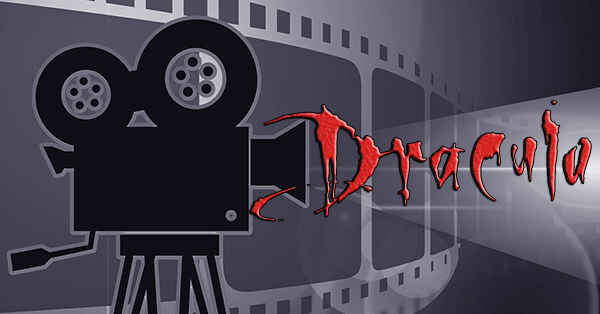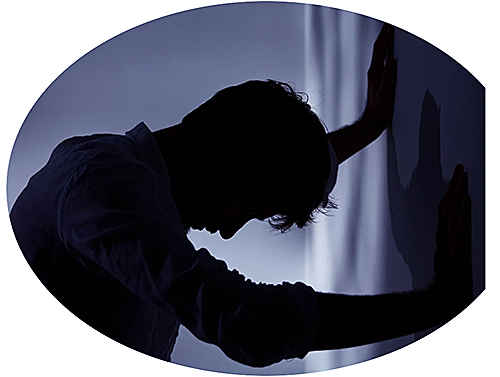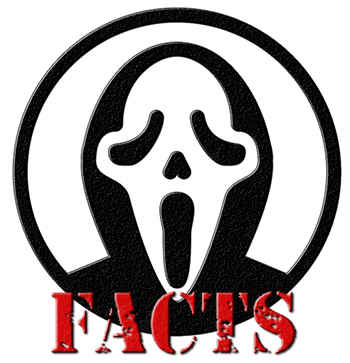Why are people in horror movies so stupid lyrics?
In horror movies, characters often make decisions that seem irrational and downright foolish. This phenomenon has become a common trope in the genre, leading audiences to question why these characters act so recklessly.
Below are some reasons for this behavior, each explained in detail.

Reasons for “Stupid” Behavior in Horror Movies
- Creating Tension and Suspense
The primary goal of a horror movie is to scare the audience. Characters making poor decisions can increase tension and suspense, keeping viewers on the edge of their seats.
(A character choosing to investigate a strange noise alone rather than waiting for help creates a sense of impending danger.)
- Plot Advancement
Often, the plot requires characters to make certain decisions to advance the story. Their poor choices can lead to key events that drive the narrative forward.
(Splitting up in a haunted house may seem illogical, but it allows for more scares and individual storylines to develop.)
- Character Development
Foolish decisions can be used to highlight a character’s personality traits, example: bravery, curiosity, or recklessness. These traits can make characters more relatable or distinct.
(A curious character might enter a forbidden area despite warnings, emphasizing their adventurous nature.)
- Adhering to Genre Conventions
Horror movies often follow established conventions or clichés that audiences expect. These tropes, including characters making bad choices, are part of what defines the genre.
(The trope of the “final girl” who survives due to her cautious and clever behavior, contrasting with others who make poor choices.)
- Heightened Emotions
Characters in horror movies are often in high-stress situations that impair their judgment. Fear, panic, and adrenaline can lead to irrational decisions.
(Running upstairs instead of out the front door when being chased by a killer due to panic and fear clouding judgment.)
- Audience Engagement
Watching characters make poor decisions can be frustrating but also engaging for the audience. It allows viewers to feel superior and more knowledgeable than the characters.
(Yelling at the screen when a character does something foolish can be a shared, enjoyable experience among viewers.)
- Suspension of Disbelief
Horror movies rely on the audience’s willingness to suspend disbelief. Accepting that characters might make irrational decisions is part of engaging with the genre.
(Accepting that a group of teenagers would choose to spend the night in a haunted house despite knowing the risks.)
Examples of Stupid Behavior in Horror Movies

Investigating Strange Noises:
Characters often choose to investigate strange sounds alone, leading them into danger.
Ignoring Warnings:
Ignoring clear warnings from locals or disregarding legends and rumors about haunted places.
Splitting Up:
Deciding to split up in dangerous situations, reducing their chances of survival.
Trusting Strangers:
Placing trust in suspicious characters who eventually betray them.
Using Ineffective Weapons:
Opting for clearly ineffective means of defense against supernatural entities or killers.
Interesting Information and Facts

Audience Reactions: Studies have shown that audiences enjoy horror movies more when they can predict character behavior, even if it’s irrational. It creates a sense of familiarity and expectation.
Psychological Basis: Real-life high-stress situations can impair human judgment, leading to poor decision-making, which is reflected in horror movie characters.
Evolution of Tropes: Modern horror movies sometimes subvert these clichés to surprise the audience, featuring smarter characters who make logical decisions.
Cultural Impact: The trope of “stupid” horror movie characters has been parodied in many films and TV shows, highlighting its place in popular culture.
The seemingly “stupid” behavior of characters in horror movies is a deliberate choice by filmmakers to enhance suspense, advance the plot, and engage the audience. Understanding these reasons can deepen the appreciation of the genre and its conventions.












